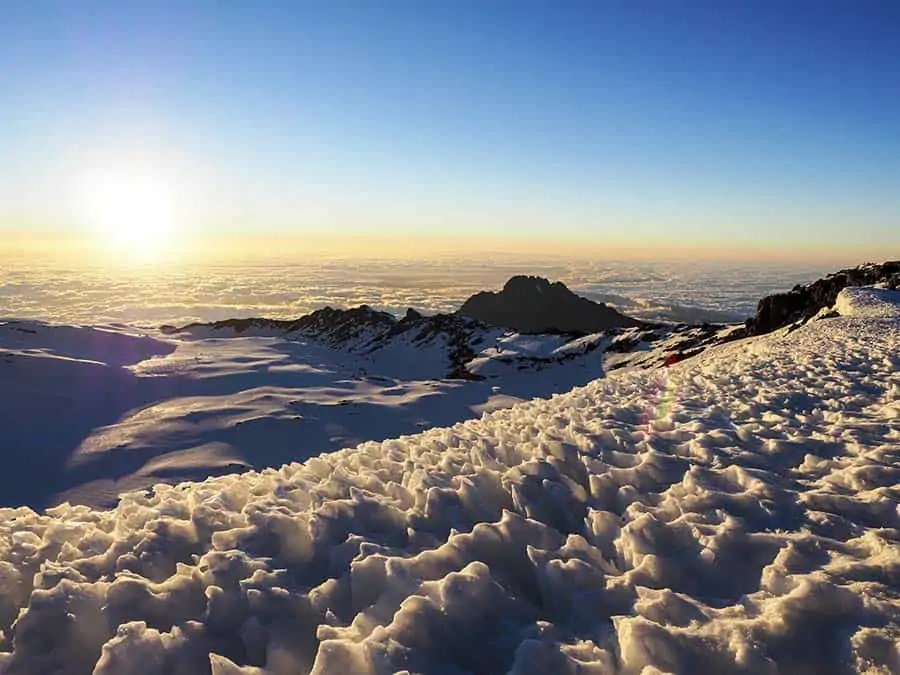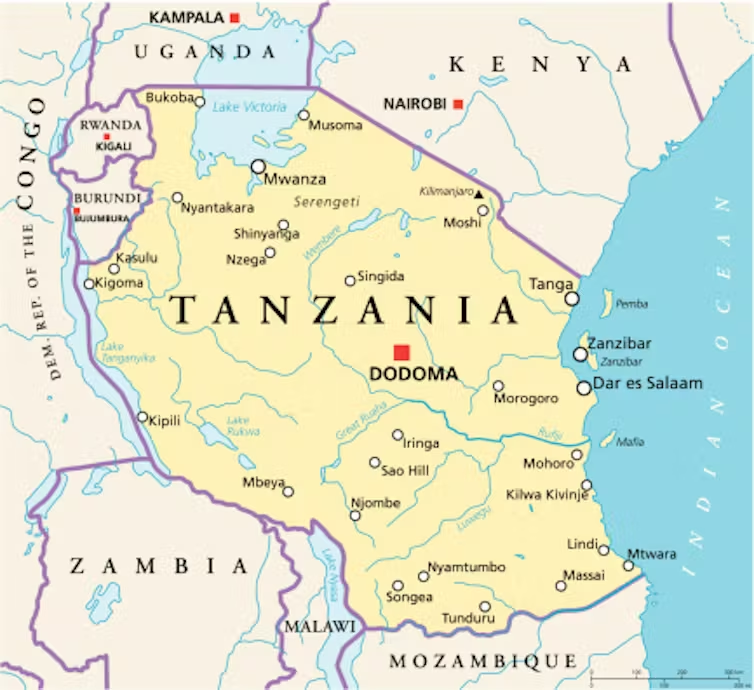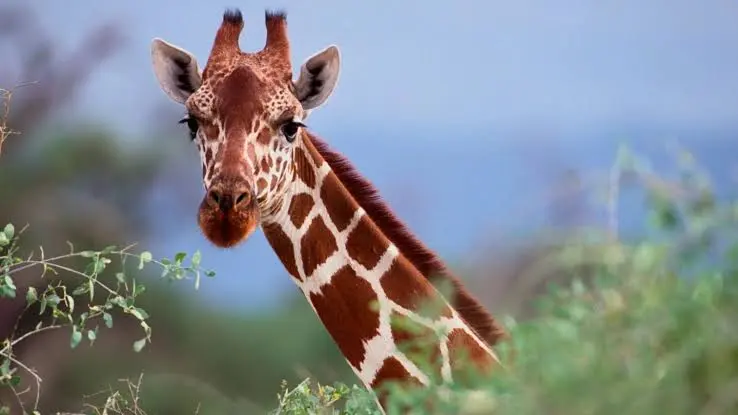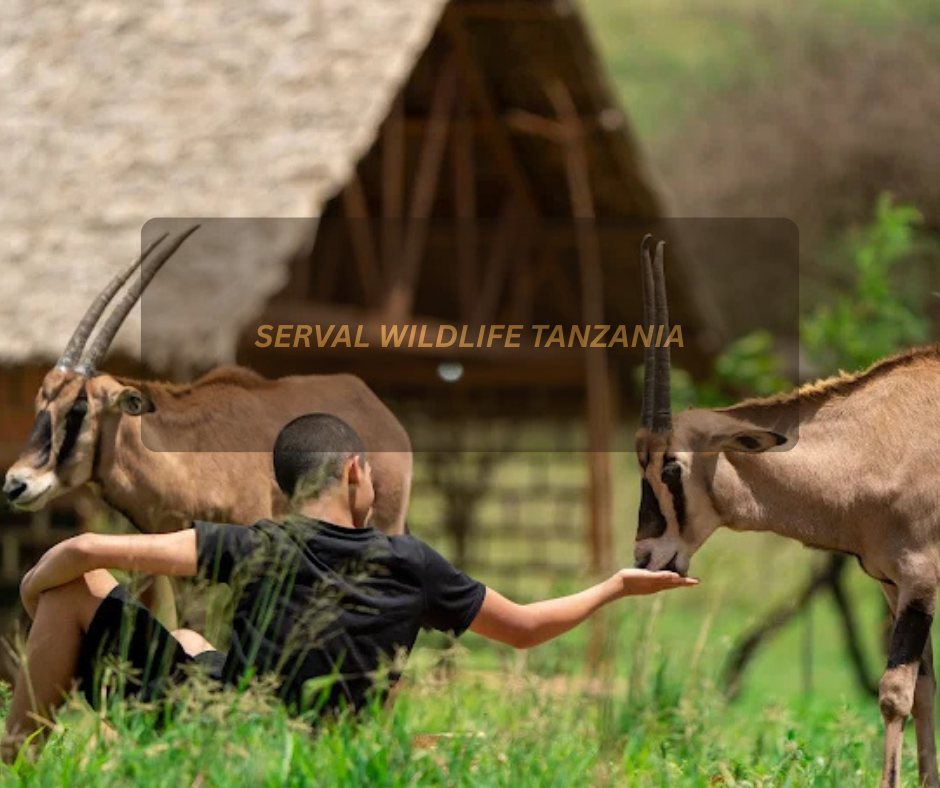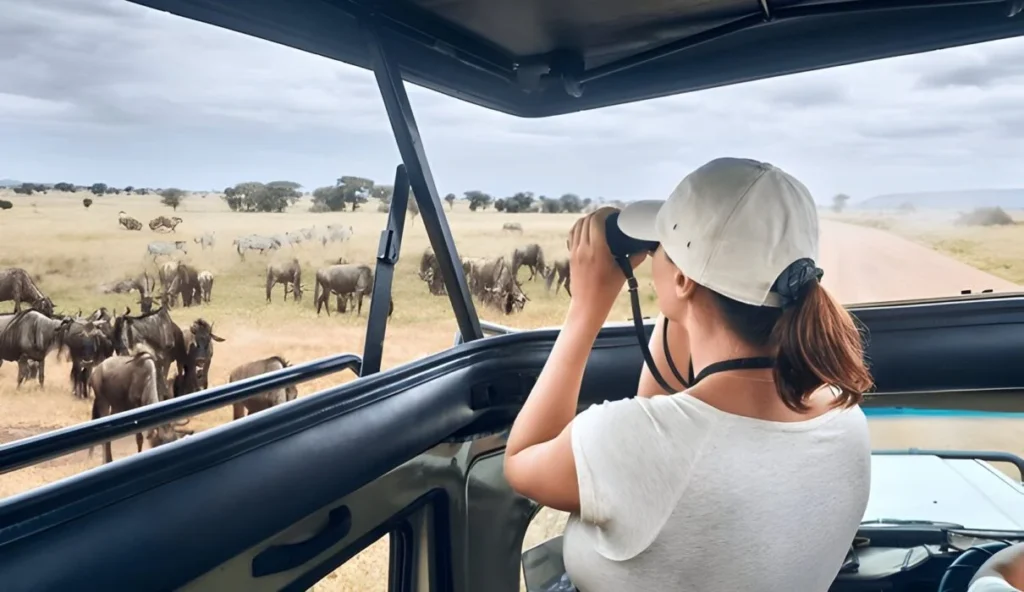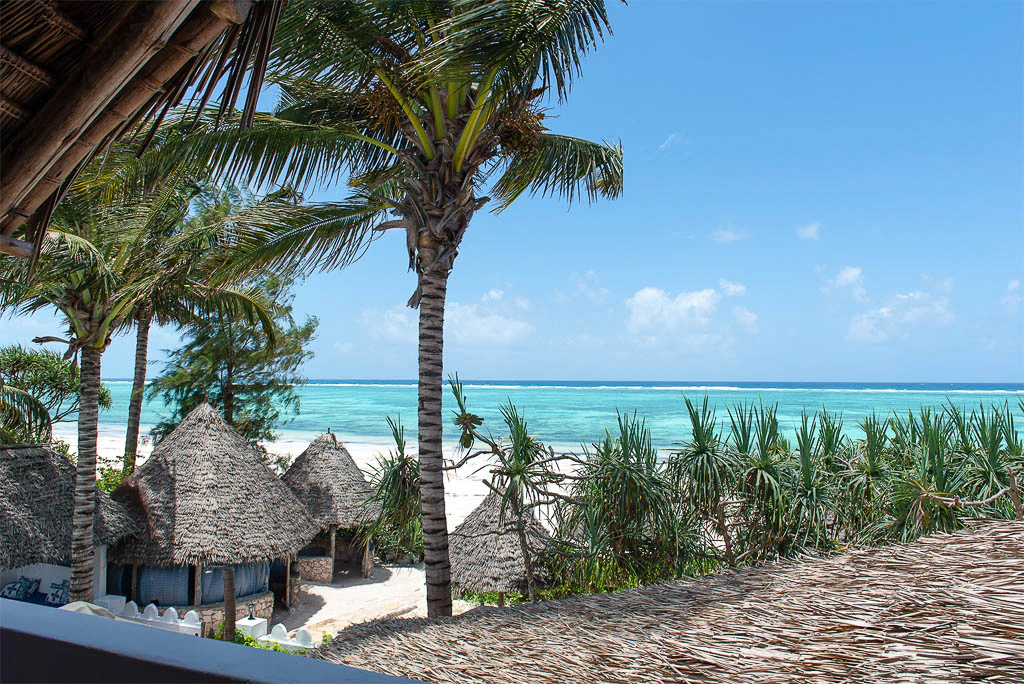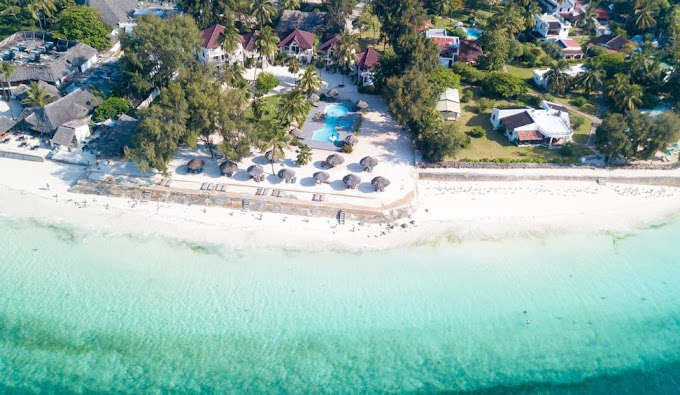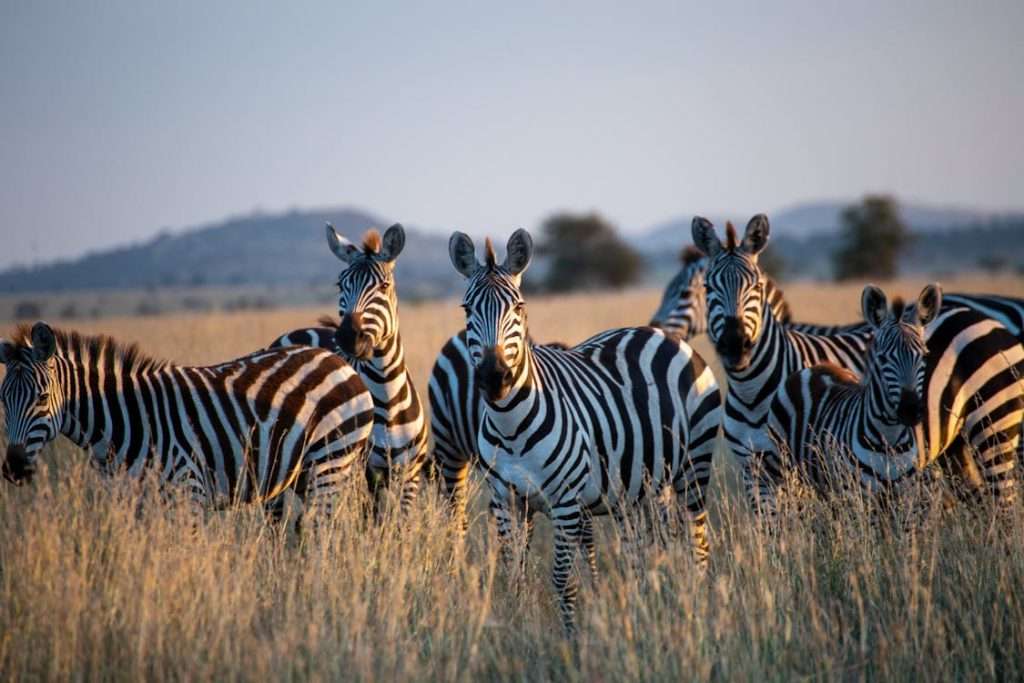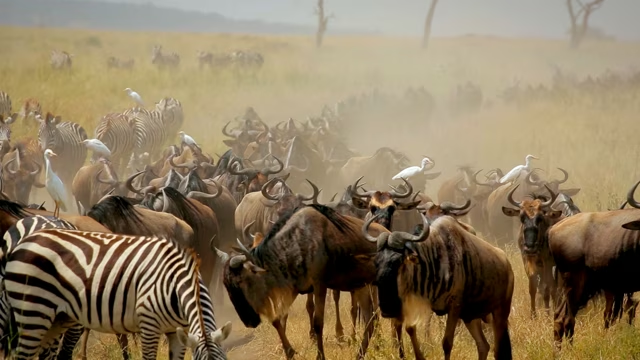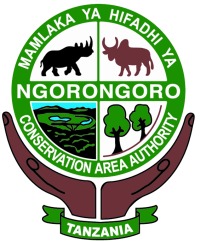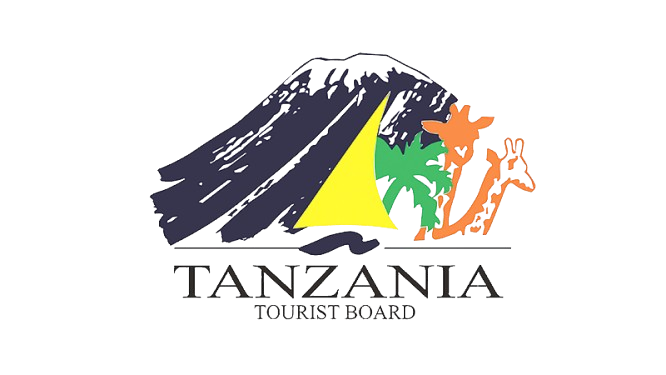Tanzania Safari FAQ: Answers to the Top 15 Questions for You
Planning a safari in Tanzania is an exciting adventure, but it’s natural to have many questions before you book. This comprehensive Tanzania Safari FAQ answers the 15 most common questions travelers ask — covering everything from costs and timing to safety and wildlife.
Whether you’re a first-time visitor or a seasoned safari-goer, these expert insights in our Tanzania Safari FAQ will help you plan your dream trip with confidence.
1. When is the best time to go on a Tanzania safari?
The best time to visit Tanzania for a safari is during the dry season from June to October. During these months, wildlife is easier to spot as animals gather near waterholes. The green season (November to May) is also rewarding with lush landscapes and abundant birdlife but expect occasional afternoon rains.
2. How much does a Tanzania safari typically cost?
The price of a Tanzania safari varies widely depending on your choice of accommodation, parks, and duration. Typical ranges include:
- Budget safaris: $150 to $250 per person per day (group camping tours)
- Mid-range lodges: $300 to $600 per person per day
- Luxury safaris: $800 and up per person per day (private guides and lodges)
3. Can I witness the Great Migration in Tanzania?
Yes! The Serengeti hosts the famous Great Wildebeest Migration, considered one of the greatest wildlife spectacles on earth. The migration’s peak river crossings occur between June and September, offering incredible opportunities to witness predators and prey in action during your Tanzania safari.
4. What wildlife can I expect to see on a Tanzania safari?
You’ll have a chance to see the Big Five—lion, leopard, elephant, buffalo, and rhino—as well as large herds of wildebeest, zebras, giraffes, hippos, cheetahs, hyenas, and over 500 bird species across the parks.
5. Is Tanzania safe for tourists on safari?
Tanzania is generally safe for travelers, especially when you use a reputable safari company and follow your guide’s advice. Most parks and lodges prioritize guest safety, but basic travel precautions should always be observed during your Tanzania safari.
6. How many days do I need for a fulfilling Tanzania safari?
A 5 to 7-day safari lets you explore several iconic parks like Serengeti, Ngorongoro Crater, and Tarangire. You can extend your trip with a beach stay in Zanzibar for ultimate relaxation.
7. Do I need a visa to enter Tanzania?
Most visitors require a tourist visa, which can be obtained online via Tanzania’s official eVisa system or upon arrival at major airports. The current fee is around $50 USD, but check the latest requirements before traveling.
8. What vaccinations or health precautions are recommended?
Consult your doctor at least 4–6 weeks before departure. Common recommendations include Yellow Fever vaccination (if traveling from an endemic area), Hepatitis A & B, Typhoid, Tetanus, and malaria prophylaxis.
9. What should I pack for a Tanzania safari?
Pack light, breathable clothing in neutral colors to avoid disturbing wildlife. Essentials include a sunhat, sunscreen, insect repellent, binoculars, comfortable walking shoes, and a light jacket for cooler mornings.
10. Should I choose a group safari or private safari?
Group safaris offer social experiences and lower costs, ideal for solo travelers or small budgets. Private safaris provide tailored itineraries and flexibility, perfect for families, couples, or photographers seeking personalized attention.
11. Can I combine a Tanzania safari with Zanzibar?
Absolutely! Many travelers add 3–5 days in Zanzibar after their safari for pristine beaches, snorkeling, and cultural exploration.
12. Which national parks are best for a Tanzania safari?
- Serengeti National Park: Famous for the Great Migration and Big Five.
- Ngorongoro Conservation Area: A crater teeming with wildlife.
- Tarangire National Park: Known for large elephant herds and baobab trees.
- Lake Manyara National Park: Home to tree-climbing lions and flamingos.
- Ruaha National Park: A less crowded gem with diverse wildlife.
13. Can I self-drive on safari in Tanzania?
Self-driving is possible but generally not recommended for first-timers due to rough roads and park regulations. Guided safaris ensure safety, knowledge, and a richer wildlife experience.
14. What’s the weather like during a Tanzania safari?
- Dry season (June–October): Mild mornings, warm days, and perfect game viewing.
- Wet season (November–May): Frequent short rains, lush vegetation, and fewer tourists.
15. How do I select a trustworthy safari company?
Look for licensed operators with excellent reviews, clear pricing, and experienced guides. At Glitzy Safaris, we pride ourselves on personalized service, safety, and unforgettable Tanzania Safari experiences tailored to your needs.
Ready to Plan Your Tanzania Safari with Glitzy Safaris?
A Tanzania safari trip is flexible for every budget and travel style. You can explore the country’s diverse Tanzania safari packages, whether you prefer a classic lodge safari, a luxury fly-in experience, or a private guided adventure.
After your wildlife adventure, nothing completes the journey like relaxing on the coast with one of our Zanzibar beach holidays. The island’s white-sand beaches and turquoise waters provide the perfect setting to unwind and reflect on your safari memories.
If witnessing the Great Migration or seeing lions on the endless plains is on your bucket list, consider adding a Serengeti safari to your itinerary. The Serengeti offers some of Africa’s most spectacular wildlife experiences, making it a perfect pairing with Zanzibar’s beaches.
Ready to turn your dream trip into reality? Contact us today to start planning your perfect Tanzania safari and Zanzibar beach holiday.
Want to learn more?
Check our Google Reviews
Read traveler feedback on TripAdvisor
Connect with us on Facebook

